Notícias
Brazil and Rome-based UN agencies celebrate the International Day of South-South Cooperation in Brazil
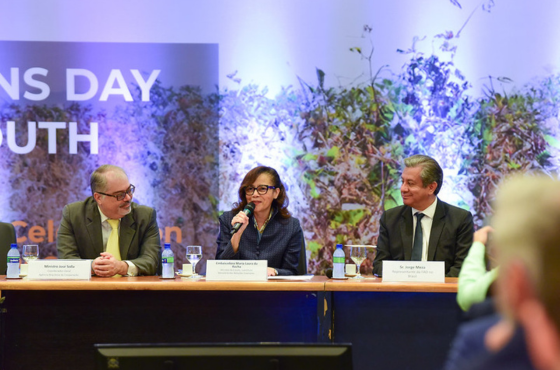
- International Day of South-South Cooperation in Braz
Ambassador Maria Laura da Rocha, Brazil's Acting Minister of Foreign Affairs, highlighted the role of South-South Cooperation (SSC) as a key element for the country's sustainable development. “SSC has become an innovative form of partnership that strengthens Brazil's commitment to the progress of humanity, promoting a fairer international order in favor of peace and the development of peoples,” she said. The Ambassador also pointed out that Brazilian cooperation prioritizes issues such as the eradication of hunger and poverty, as well as the development of sustainable sources of financing.
Mario Lubetkin, FAO Deputy Director and FAO Regional Representative for Latin America and the Caribbean, stressed the importance of trilateral cooperation in transforming food systems. He pointed out that “trilateral SSC plays a pivotal role in global agricultural development. In Latin America and the Caribbean, 41 million people still suffer from hunger, and Brazil has taken on a leading role, through its SSC agenda, to reverse this scenario. The Sustainable School Feeding Network (RAES, from the acronym in Portuguese), for example, brings together 27 countries to strengthen school feeding programs in the region."
Dima Al-Khatib, Director of the United Nations Office for SSC (UNOSSC), also commented on the significant progress made by developing countries. “We are witnessing tremendous progress in resilience and innovation. On this day, we invite all partners to join forces to strengthen South-South cooperation,” he stated.
Kenya's Ambassador to Brazil, Karibuni Sana, gave a historical overview of his country's school feeding program, highlighting that it currently benefits around 4 million children. He also mentioned Kenya's expectation to deepen its cooperation with Brazil and UN agencies in the development of community gardens in schools, strengthening the school feeding program already underway.
In addition to the discussions, the participants reflected on the future of South-South cooperation and reaffirmed their commitment to the Sustainable Development Goals (SDGs), especially in crucial areas such as eradicating hunger and poverty. The event symbolized the strengthening of a global cooperation network, in which Brazil plays a prominent role as a leader in the Global South.
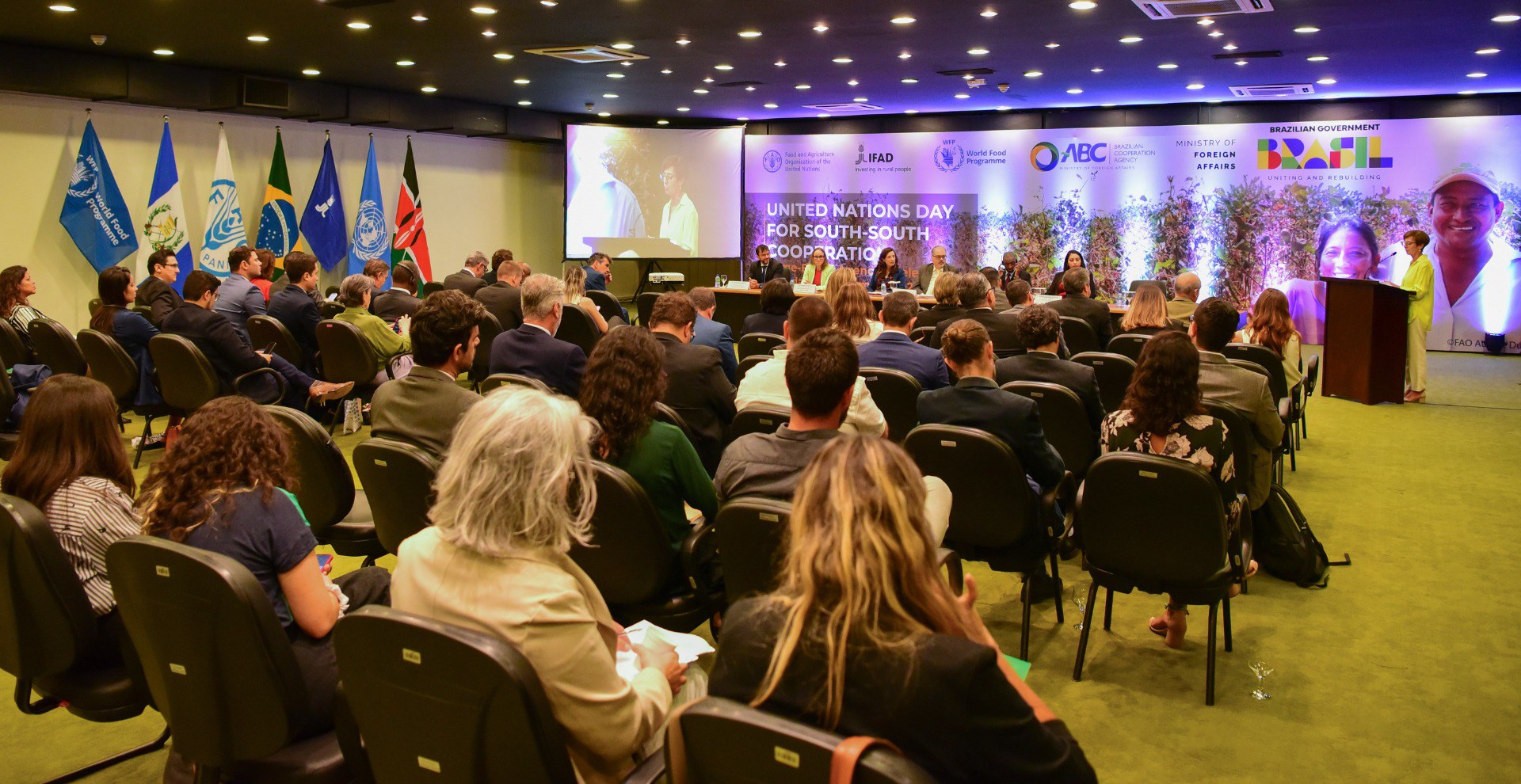
- International Day of South-South Cooperation in Braz
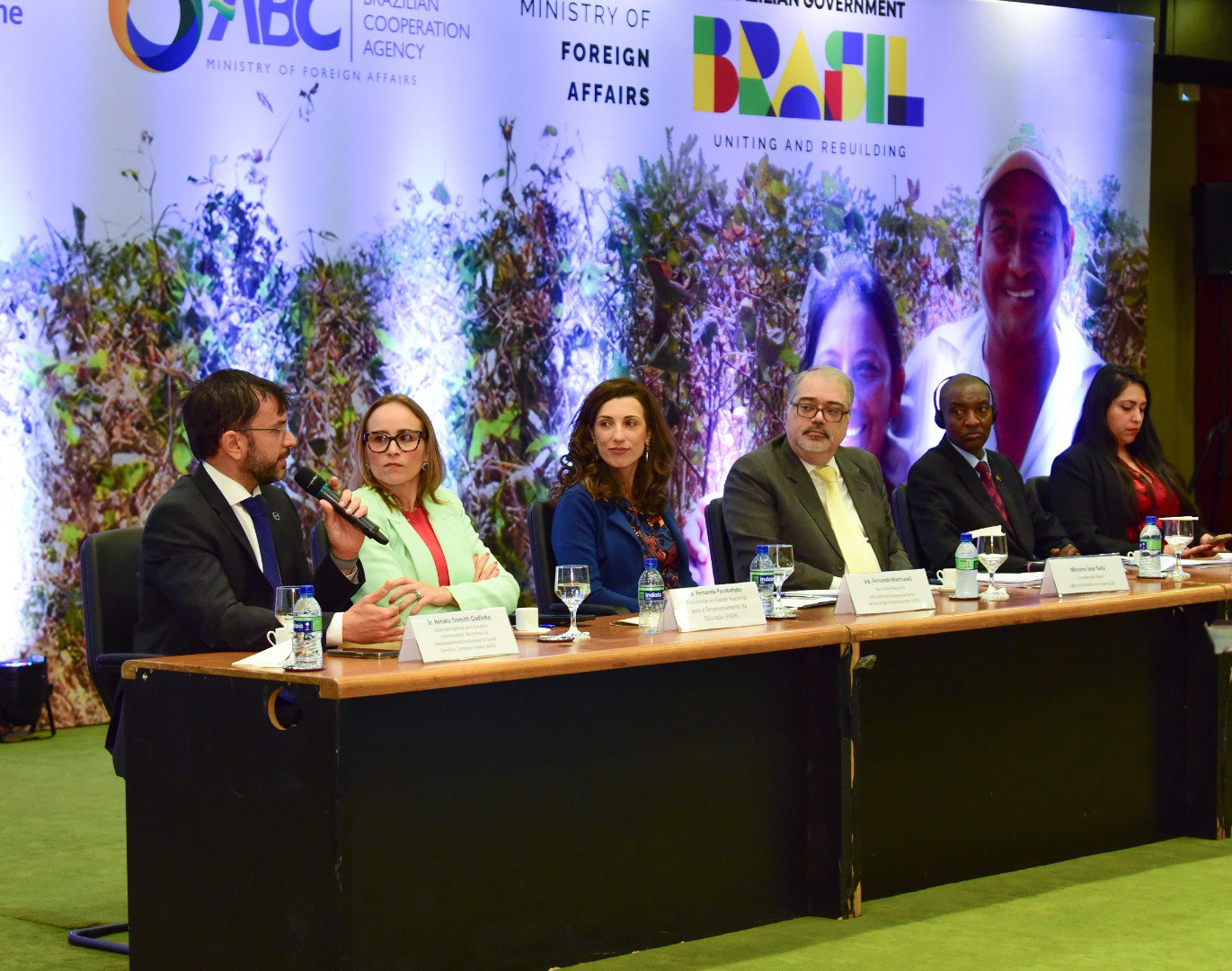
- International Day of South-South Cooperation in Braz
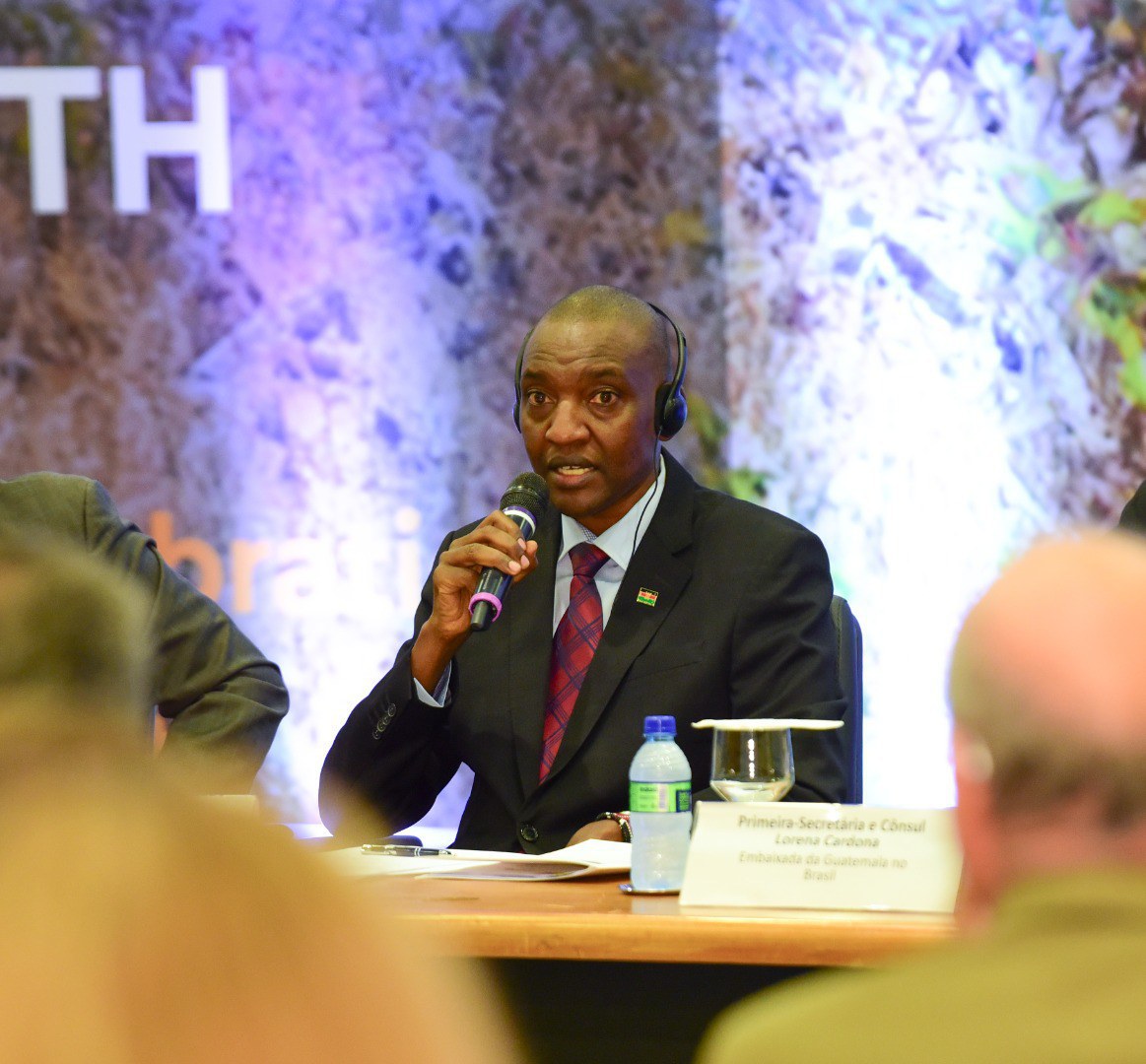
- International Day of South-South Cooperation in Braz
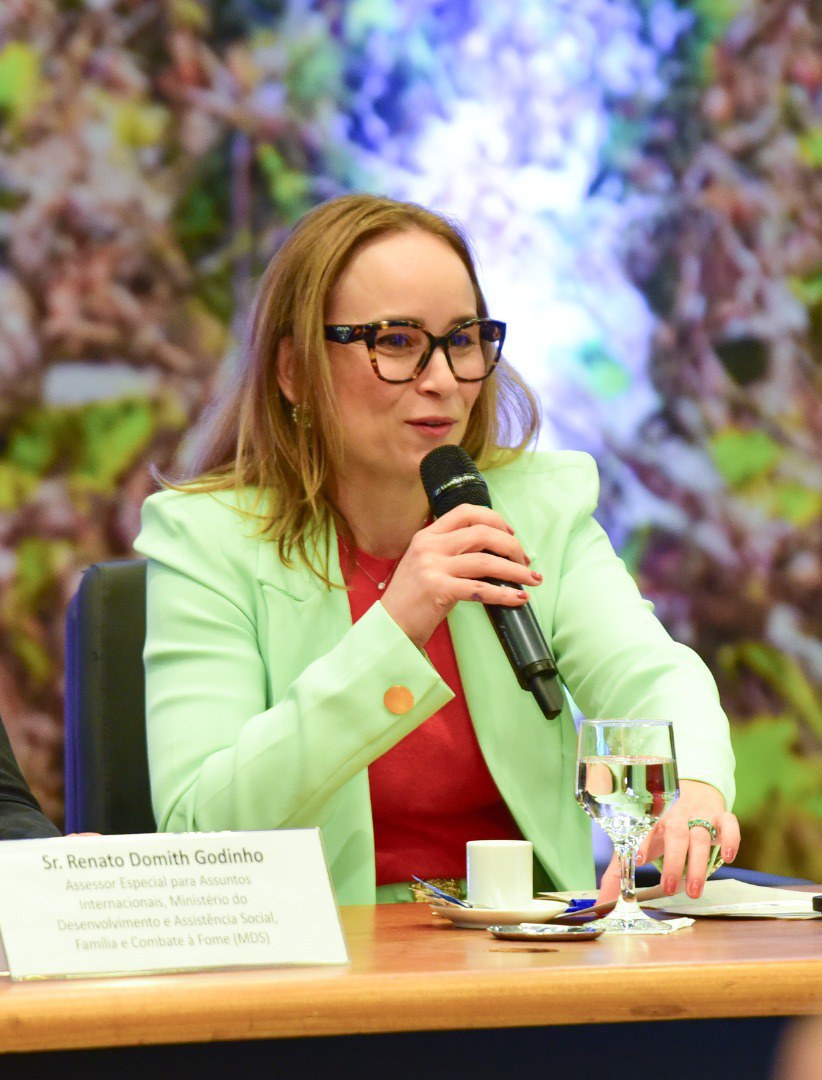
- International Day of South-South Cooperation in Braz